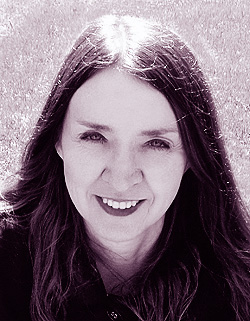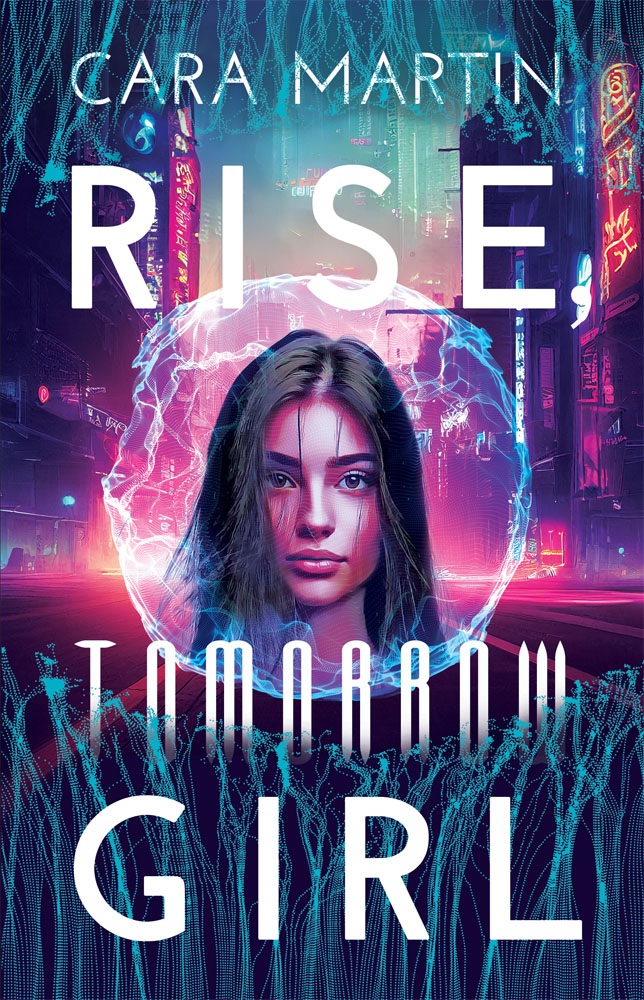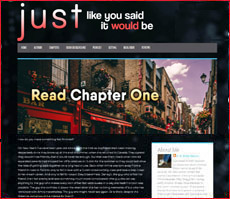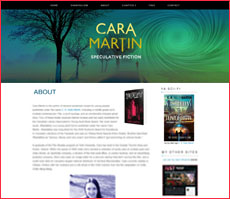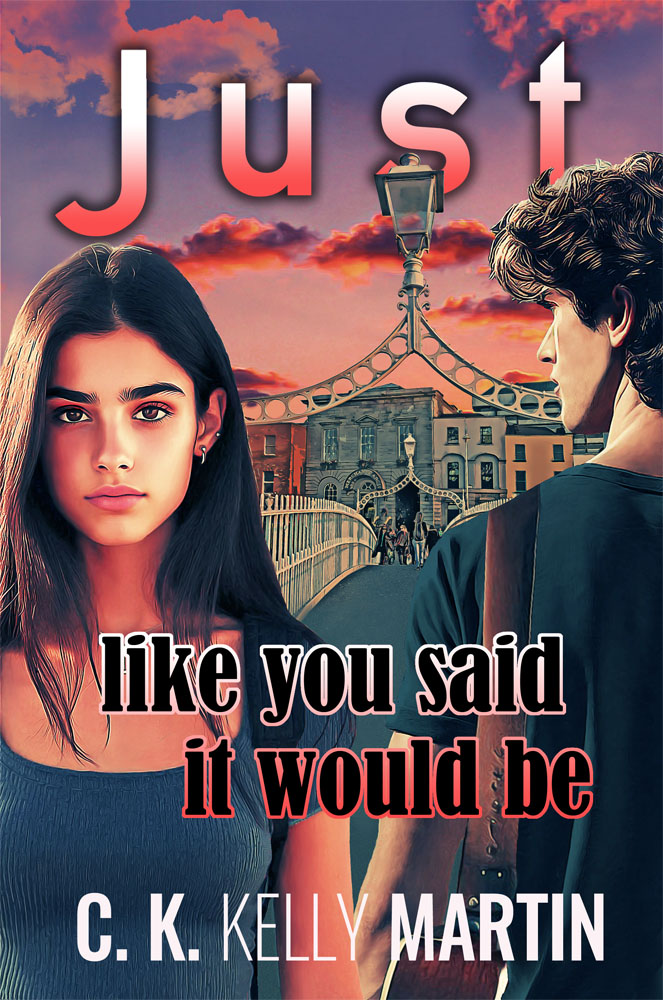“Market fundamentalism, this madness that’s infected the human race, is like a greedy ghost that haunts the boardrooms and council chambers and committee rooms from which the world is run these days...The greedy ghost understands profit all right. But that’s all he understands... He doesn’t understand libraries at all. That branch – how much money did it make last year? Why aren’t you charging higher fines? Why don’t you charge for library cards?”
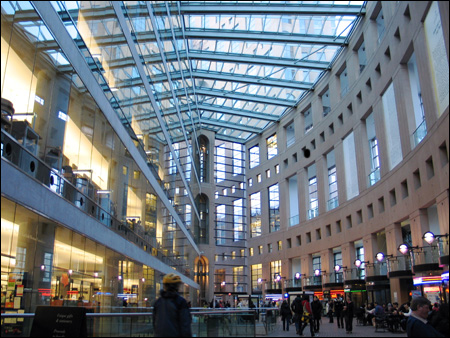
Vancouver Public Library atrium
Ugly market fundamentalism isn't the only threat to public libraries. The rise of the Internet and the growing popularity of e-books are used as rationalizations to suggest that public libraries are no longer important. The BBC recently ran an article asking if libraries were finished and posing five arguments for and against libraries. As can you guess, the #1 and #2 arguments against libraries were the value of the Internet as a research tool and the existence of digital books.
The Internet argument particularly bothers me because it comes from an ignorant, privileged point of view that assumes everyone has a decent Internet connection. As for digital books, not all books are available as e-books and even if they were, not everyone who currently signs books out from their local library could afford to purchase as many books as they would like to read. To offer an equivalent of the library's current service in providing access to physical books an extensive collection of digital books would have to be available for free lending. If this were the case and suddenly everyone was magically able to afford Internet access, an Internet connection and e-books would still be no replacement for a good local library. A library doesn't merely offer access to books, it provides the expertise of its staff and functions as a community hub, which brings me to my next worry, which is that our physical lives are beginning to disappear.
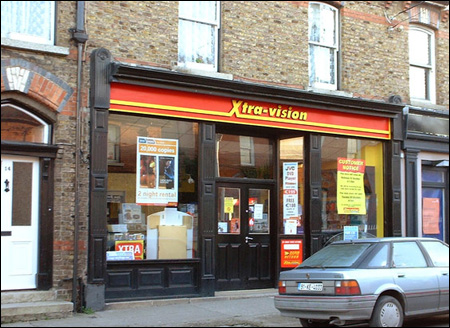
I grew up haunting record stores, spending every bit of money I could scrape together on tapes and vinyl recordings by my favourite bands. In my early twenties I worked at a Blockbuster Video in Southern Ontario and then, for several years, at an outlet of the Xtra-Vision video chain in Dublin, Ireland. There were quite a few regular customers including a single mom and her action movie loving teenage son, a sweet sixty-something year old gentlemen who used to tape TV shows for me when I'd miss them while working, a restaurant owner whose Dublin restaurant I used to frequent, and a gorgeous Irish TV actor from Kerry who usually rented under his girlfriend's account. Having a chat with these folks became part of mine (and their) day. It was the sort of casual but regular daily interaction we've begun to lose in public spaces as we focus more on our electronic devices and Internet interactions and less on those around us.
These days I typically drop into my local library at least twice a month but virtually the only record stores left standing in this part of the world are HMVs (just recently in the UK sixty HMVs were slated to close) which are filled largely with videogames and DVDs because music's gone digital and scarcely exists in a physical form anymore. Blockbuster Video in the States filed for bankruptcy in September. Borders Books are hanging on by a thread and a couple of weeks ago I read that the two Waterstones bookstores in Dublin that I used to frequent when I lived there have closed. It's beginning to seem that, jobs aside, if there was a way to digitally download food and coffee we'd barely have to leave our homes! And that's not a good thing. It's just a couple of steps away from Bruce Willis movie The Surrogate.
It seems to me that depending on digital files is to risk losing a civilization's knowledge. Much as we love our electronic toys in this age they're not as reliable or enduring as simple pieces of paper. And abandoning bricks and mortar stores and physical libraries is a good way to lose a sense of community and make us ever more insular until we no longer know how to interact with real-world people who don't happen to share our Twitter and Facebook interests.

